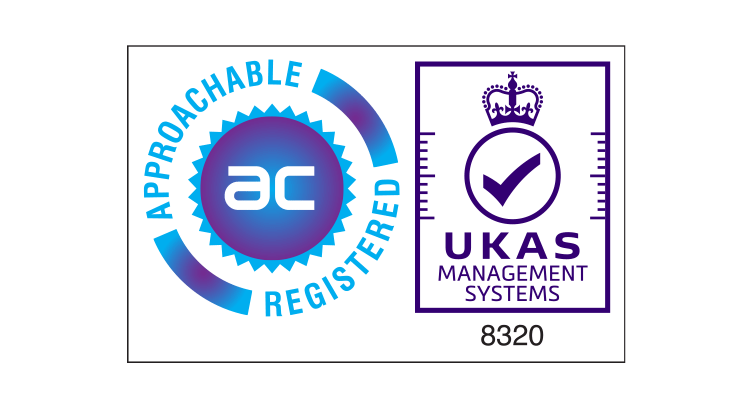Today the Utilities sector faces many challenges, such as an ageing infrastructure, the need to meet industry regulations and dealing with a high level of customer demand. Additionally, the sector is undergoing transformation and there is a need to support suppliers to move to a lower carbon economy with environmental concerns and a requirement to ensure decarbonisation.
Other areas of concern for those working in the Utilities sector include the monitoring of assets. With a large amount of assets to monitor from power stations, gas pipelines, electricity cables, to heavy machinery, monitoring their status safely and efficiently can prove difficult. Without visibility of assets and their performance, field staff can only be reactive to issues and failures when they arise, causing large operating expenses, interrupted service delivery and delaying essential upgrades and projects. Furthermore, due to the nature of field work carried out, lone worker safety is paramount for organisations to ensure the safety and visibility of their workforce.
These workforce challenges, along with a desire to take advantage of digital innovations to improve ageing infrastructure within the sector, has lead to an opportunity for continually improving the industries efficiency and operations with technology. Utilities organisations should therefore focus on providing the digital tools that will enable their workforce to improve service delivery, monitor assets, gain valuable data and increase productivity.
So, how effective is field service management and how can it improve field operations? In this blog, we take a look at how field service management can transform not only the field worker but refine service delivery and improve customer service.
How can utilities organisations benefit from field service management?
In today’s digital world, the rise of mobile apps, the use of technology, IoT and monitoring assets is transforming how field workforces operate and providing organisations with the opportunity to embrace new ways of working. Indeed, field service management technology can help to solve many of the challenges outlined, aiding the completion of more jobs and providing an overall consistent, effective service delivery.
An integral aspect of field service management is empowering your workforce and equipping staff with the correct tools to help aid operations. Your utilities staff can complete forms, take photos, capture signatures and access supporting information on assets and site details all from their mobile device. This empowers them to make informed decisions in real time and provide the highest level of customer service possible. This data capture is essential for improving compliance. With no requirement to travel back to the office, time and expenses on fuel are saved and field staff’s productivity and capacity is increased.
Field service management and dynamic scheduling align both the workforce and assets to ensure staff availability and enhance the efficient completion of work tasks. This is achieved through the ability to track daily progress and schedule or reschedule field staff as and when required. Due to the nature of utility operations such as outages, maintenance or customer requests, organisations and their staff need to be responsive, act efficiently and ensure no errors are made which can negatively impact on service delivery or field worker safety. By removing manual, paper-based processes and implementing dynamic scheduling solutions, planners have full visibility of resources and their location, essential for reacting to the day as it unfolds and rescheduling the required resources as needs be. Additionally, some aspects of utilities work carried out can include staff that are considered lone workers, therefore having this visibility of their whereabouts and providing them access to alert and protection based technologies not only protects staff and helps them avoid dangerous situations but also ensures their safety and enhances organisations’ compliance.
Utilities organisations can also improve operations from the real time data generated not only from their workforce but also from monitoring assets. Without visibility of assets and their performance, field staff can only be reactive to issues and failures when they arise, causing large operating expenses, interrupted service delivery and creating delays. Utilising sensors and analysing data automatically to create jobs and tasks will continue to enhance how operations are carried out.
Utilities companies that adopt these solutions are in a better position to achieve cost efficiencies and improve productivity overall enhancing the field operations process.
Totalmobile in the Utilities sector
Totalmobile bring a unique combination of industry experience and sophisticated workforce management systems to ensure your field staff are better informed to deliver productive and compliant services. Services that support AMP7 leakage targets and lone working for example, ensuring work is carried out safely, data is captured effectively, and insights are available in real time. Our solutions ensure utilities organisations are provided with real time insights and visibility of their field workforce, the location and status of work, alongside live updates on the situation of assets and detailed overviews of performance against SLAs and KPIs.
If you’d like further information on how we can support your utilities organisation, visit our website to find out more or contact us.







